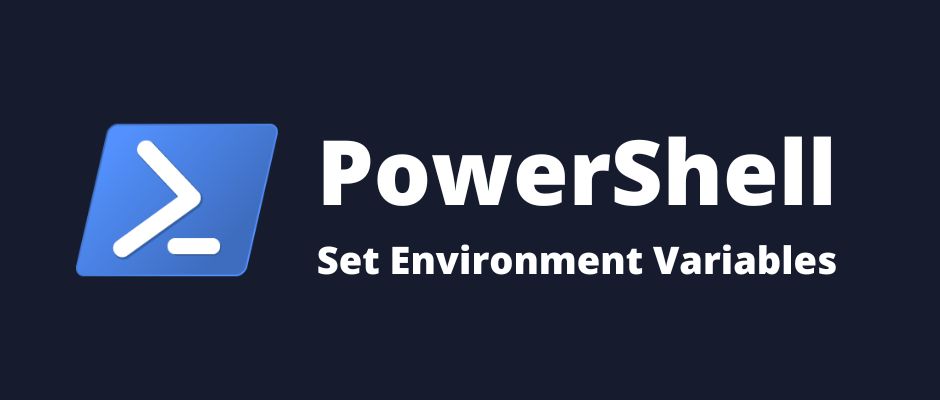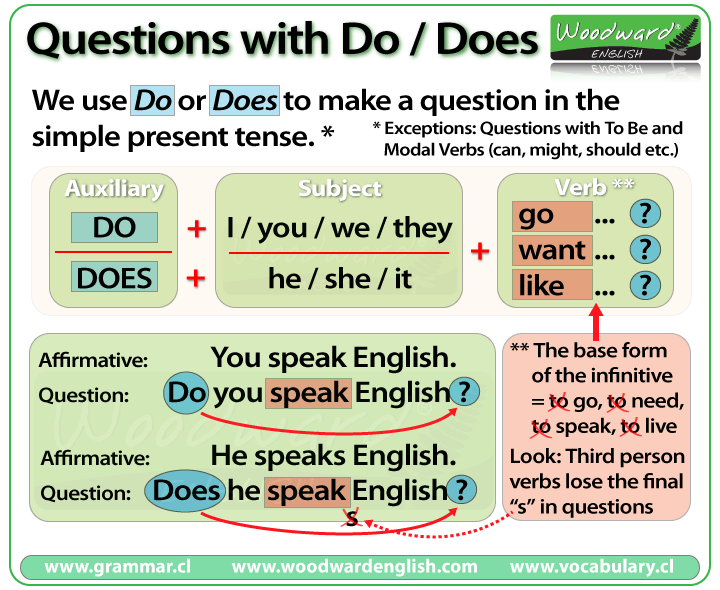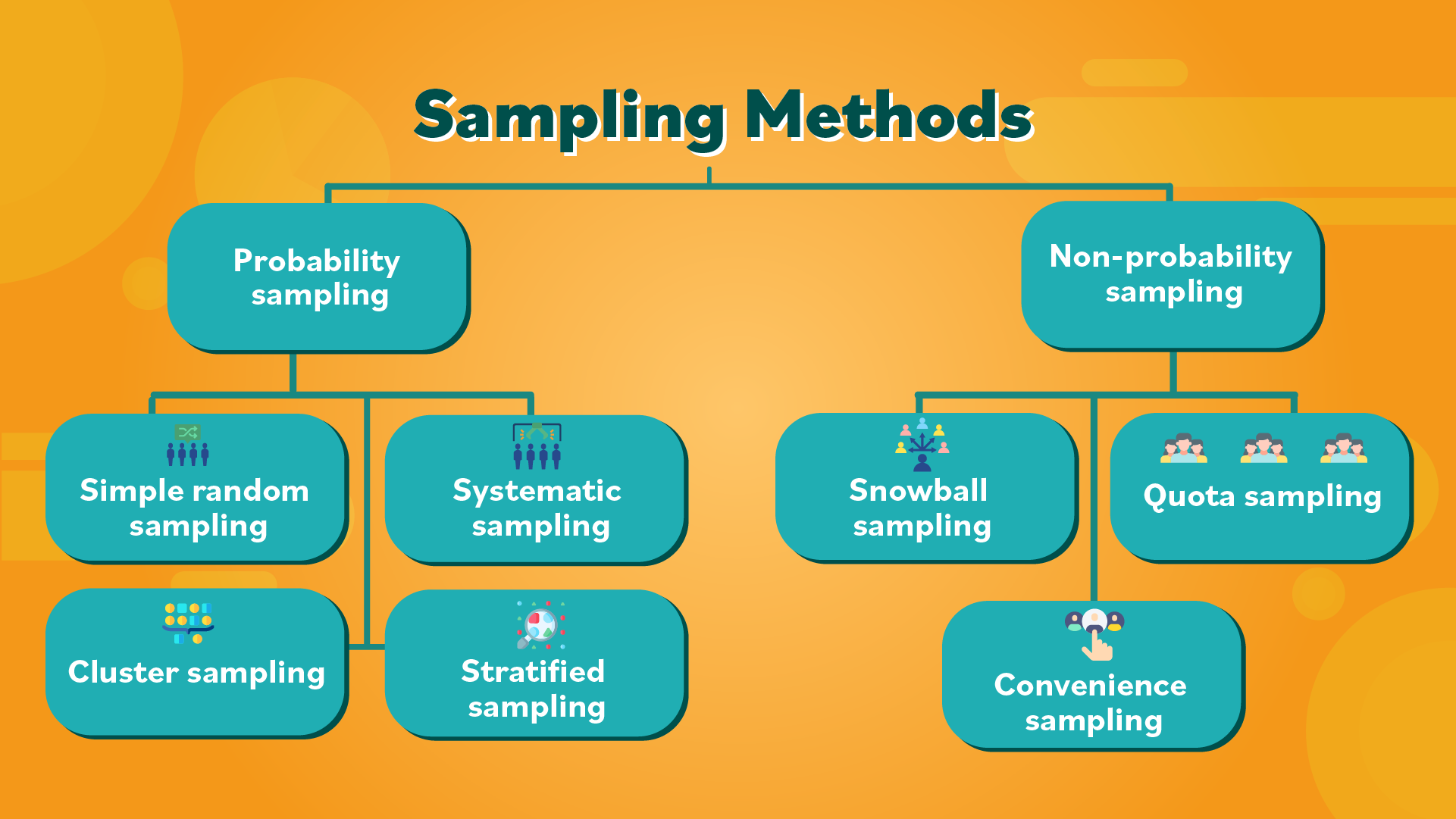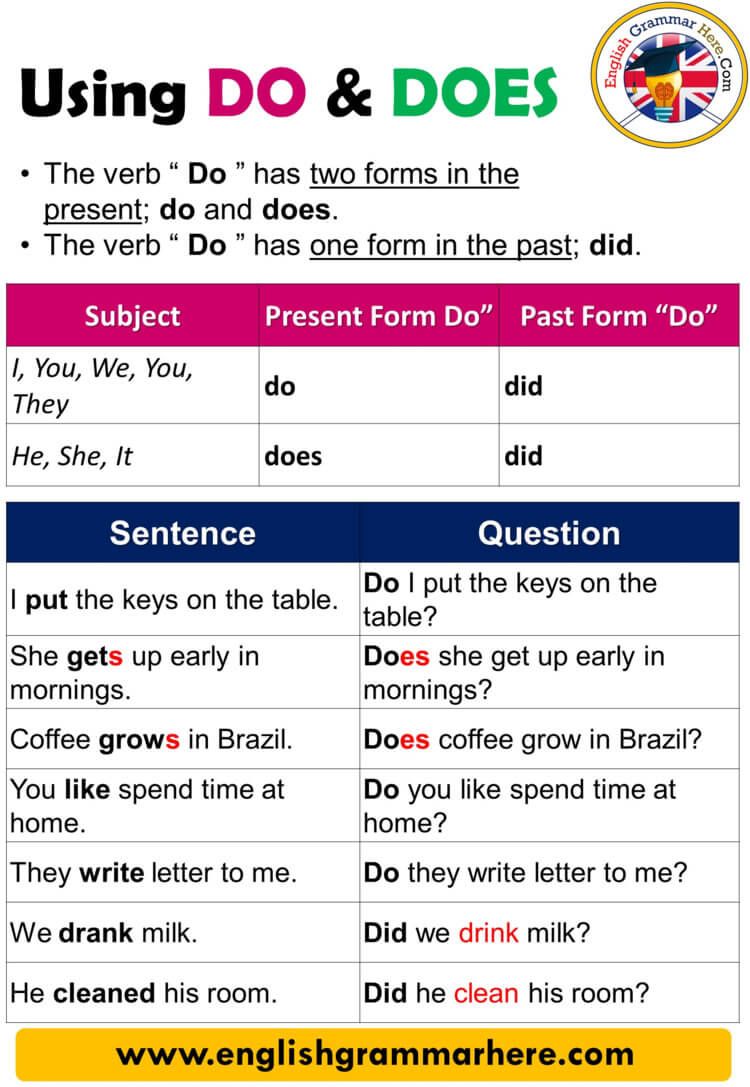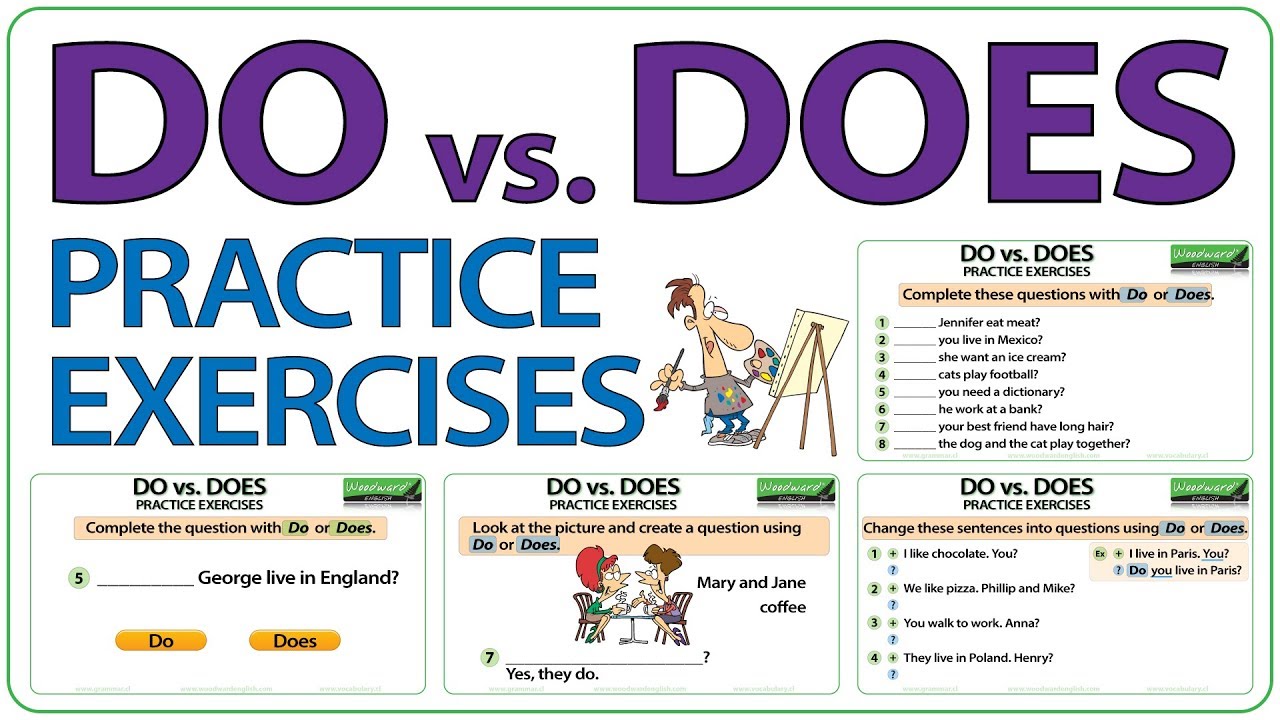Effective Strategies to Succeed on Your Real Estate Exam: Comprehensive Study Guide and Preparation Tips
Understanding the Real Estate Exam Structure
Preparing for the real estate exam begins with a clear understanding of its structure and content areas. While state requirements and exam formats may vary, most real estate exams are divided into national and state-specific sections. These sections typically cover topics such as property ownership, real estate law, agency relationships, contracts, financing, property valuation, and ethical practices. For example, the California Department of Real Estate outlines categories like property ownership, agency, valuation, financing, property transfer, disclosures, and contracts, with each category representing a portion of the exam questions [4] .
Knowing the structure allows you to focus your study efforts and allocate time efficiently. Review your state licensing authority’s website for an official outline of exam topics. For instance, California’s Department of Real Estate provides updated topic lists and study materials [3] . You can also access free downloadable study guides from reputable platforms such as Union Test Prep, which organize concepts into digestible categories for targeted learning [1] .
Building a Comprehensive Study Plan
Success on the real estate exam requires a methodical approach. Start by assessing your current knowledge using practice tests and review quizzes. Identify your strengths and weaknesses to tailor your study plan. Allocate dedicated blocks of time each day for study, focusing more attention on challenging subjects. Break down topics into manageable segments, such as dedicating a week to agency law and another to contracts. Consistency and repetition are key to reinforcing memory and building confidence.
Many candidates benefit from supplementing their reading with interactive tools. For example, the Real Estate Exam For Dummies app offers over 550 exam-like questions with detailed explanations, plus daily quizzes and flashcards for on-the-go learning [2] . Such resources can help you identify patterns in question phrasing and improve your test-taking speed.
Some online platforms, like OnlineEd, provide state-specific crash review courses that target commonly missed exam topics. While these are not substitutes for comprehensive study, they can serve as valuable tools for last-minute review and confidence building [5] .
Mastering Key Content Areas
Each real estate exam covers a range of foundational topics. To maximize your chances of success, focus on the following:
- Property Ownership and Land Use: Understand various forms of ownership, land use controls, and environmental regulations. Be able to distinguish between types of estates, zoning laws, and encumbrances.
- Laws of Agency and Fiduciary Duties: Master the creation of agency relationships, disclosure requirements, and the ethical duties owed to clients and third parties. This area often accounts for a significant portion of questions [4] .
- Contracts: Grasp the essentials of valid contracts, including offers, counteroffers, purchase agreements, and contingencies. Know how to identify void, voidable, and unenforceable contracts.
- Financing: Familiarize yourself with basic mortgage concepts, loan types, government programs, and the process of qualifying buyers. Understand the differences between conventional, FHA, and VA loans.
- Property Valuation and Financial Analysis: Learn the methods of property appraisal, including comparative market analysis, cost approach, and income capitalization. Practice calculating property values and returns for different scenarios.
- Transfer of Property: Study deeds, title transfer processes, escrow procedures, and recording requirements. Be aware of the steps necessary to complete a successful transaction.
- Practice of Real Estate and Disclosures: Know the rules around advertising, fair housing, disclosure of material facts, and handling escrow funds. Ethical behavior and compliance are emphasized in most exams.
For a more detailed list tailored to your state, consult your licensing authority’s exam content outline [4] .
Implementing Proven Study Techniques
Effective study is not about memorizing facts, but about building a deep understanding of real estate concepts and applying them in context. Here are several proven methods:
- Active Recall: Regularly test yourself using flashcards, practice questions, and mock exams. This helps reinforce memory and identify knowledge gaps.
- Spaced Repetition: Space your study sessions over time, revisiting challenging topics frequently. Apps and online resources often use spaced repetition algorithms to optimize retention [2] .
- Group Study: Join or form a study group to discuss complex concepts, quiz each other, and share resources. Teaching others is a powerful way to deepen your own understanding.
- Visual Aids: Use diagrams, flowcharts, and summary tables to map out processes like escrow or loan qualification. Visual aids make it easier to remember sequences and relationships.
- Simulated Exams: Take full-length practice exams under timed conditions to build test-taking stamina and identify areas for improvement. Many free guides and apps offer exam simulators [1] .
Adapting these strategies to your individual learning style can build confidence and efficiency as exam day approaches.
Overcoming Common Challenges
Many candidates encounter obstacles such as test anxiety, difficulty managing study time, or confusion over complex topics. To address these challenges:
1. Test Anxiety: Practice relaxation techniques such as deep breathing or mindfulness before and during the exam. Simulating exam conditions with practice tests can also help lower anxiety levels.
2. Time Management: Create a realistic study calendar and stick to it, balancing study with other responsibilities. Prioritize high-yield topics and use progress trackers to stay on course.
3. Complex Topics: Break down difficult subjects into smaller parts and tackle them one at a time. Use multiple resources-books, online guides, and interactive tools-to gain different perspectives on the same topic.
4. State-Specific Rules: Since real estate laws vary by state, always verify you are studying the correct material for your jurisdiction. Access current statutes and regulations through your state’s official real estate commission website. For California, visit the Department of Real Estate’s site and consult the Real Estate Law book, which is available online or for purchase [3] .
Accessing Reliable Study Resources
Numerous reputable resources are available to assist with your real estate exam preparation. Consider these options:
- Official Study Materials: State licensing authorities often provide official guides, topic lists, and sample questions. Always start with these primary sources.
- Online Study Guides: Free and paid guides, such as those on Union Test Prep, break down exam content into focused categories and provide downloadable material for offline review [1] .
- Mobile Apps: The Real Estate Exam For Dummies app offers daily quizzes, vocabulary flashcards, and performance tracking to build your knowledge base on the go [2] .
- Crash Review Courses: Providers like OnlineEd offer last-minute review courses that highlight frequently missed topics and give you a quick refresher before test day [5] .
- Books and Libraries: Local bookstores and libraries typically carry up-to-date real estate exam prep books and guides. Ask a librarian or bookstore associate for recent editions relevant to your state.
When using online resources, always verify they are up-to-date and relevant to your exam version. If unsure about the credibility of a resource, seek recommendations from your licensing authority or professional associations.
Step-by-Step Guide to Exam Success
1. Review the Official Exam Outline: Obtain the latest exam content outline from your state’s real estate commission website. This will ensure you’re studying the right material.
2. Gather Study Materials: Collect a mix of official publications, study guides, and practice tools. Download free materials from reputable providers and supplement with books or apps as needed.
3. Create a Study Schedule: Map out your study plan, assigning time blocks to each topic. Stick to the schedule and adjust as needed based on your progress.
4. Practice Regularly: Complete practice questions and simulated exams to reinforce knowledge and build test-taking skills.

Source: oxfordlearning.com
5. Address Weaknesses: Spend extra time on areas where you consistently miss questions or feel less confident.

Source: blogs.millersville.edu
6. Verify State Requirements: Double-check your state’s licensing requirements for application procedures, deadlines, and required documentation. Instructions are typically found on your state real estate commission’s site.
7. Prepare for Exam Day: Know the logistics-time, location, allowed items, and identification requirements. Arrive early and bring all necessary documents.
Alternative and Supplemental Approaches
If traditional study methods are not effective for you, consider these additional approaches:
- Private Tutoring: Some candidates benefit from personalized instruction with a real estate tutor, especially for complex topics or test-taking strategies.
- Online Forums: Participating in forums or online study groups can provide peer support, alternative explanations, and motivation.
- Workshops and Webinars: Many real estate schools and professional associations offer live or recorded workshops. These sessions often cover exam techniques, regulatory updates, and Q&A sessions with experts.
- Contacting Licensing Authorities: If you have specific questions about eligibility, exam accommodations, or application status, contact your state’s real estate commission directly. They can provide guidance or direct you to official resources.
Key Takeaways
Passing the real estate exam requires targeted study, reliable resources, and effective test-taking strategies. Start early, use a variety of materials, and focus on understanding-rather than memorizing-key concepts. By following a structured plan and utilizing reputable resources, you can maximize your chances of success and launch your real estate career with confidence.
References
- [1] Union Test Prep (2025). Free Study Guides for the Real Estate License Exam.
- [2] Real Estate Exam For Dummies (2024). Comprehensive Exam Prep App.
- [3] California Department of Real Estate (2025). Preparing for the Exam.
- [4] California Department of Real Estate (2025). Salesperson Examination Content.
- [5] OnlineEd (2025). Washington Real Estate Exam Study Guide.
MORE FROM couponito.com

